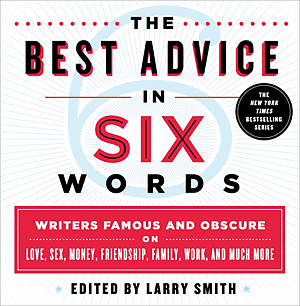Attribution is the addition of he said, John asked, she wrote, or some similar construction to a direct or indirect quotation to indicate the source. Attributions such as as he said indicate that the writer agrees with the quotation.
Verbs such as smile and frown have been used with attributions for generations: “You’re a penny short,” he frowned. This practice permits writers to vary their verbs of attribution and to express very compactly the manner in which something is said, but it is absurd, from the strictest point of view, and many readers are annoyed by it. There are many verbs that are not objectionable in attributions but still connote manner, such as agree, beg, complain, hint, insist, propose, and scold. Even these should not be used just to vary the common said and asked. A writer may feel that there are too many repetitions of said and asked, but in fact these verbs of attribution are almost invisible to the reader, and their repetition is not annoying. Dialogue sometimes can, of course, run for quite a few exchanges without any attributions and still be clear to the reader, though the writer, who always knows who’s talking, may sometimes overestimate the reader’s ability to follow.
Colorful verbs such as grunt and hiss are acceptable when they are appropriate–“Hunh?” he grunted; “Just taste this, my sweet,” he hissed–but grunt and hiss are ludicrous when the quotation could not actually be grunted or hissed: “I suppose you consider this an adequate periphrasis,” he grunted (difficult to grunt); “You will enjoy the cocktail,” he hissed (impossible to hiss).
Source: The Handbook of Good English by Edward D. Johnson.










Comments on this entry are closed.